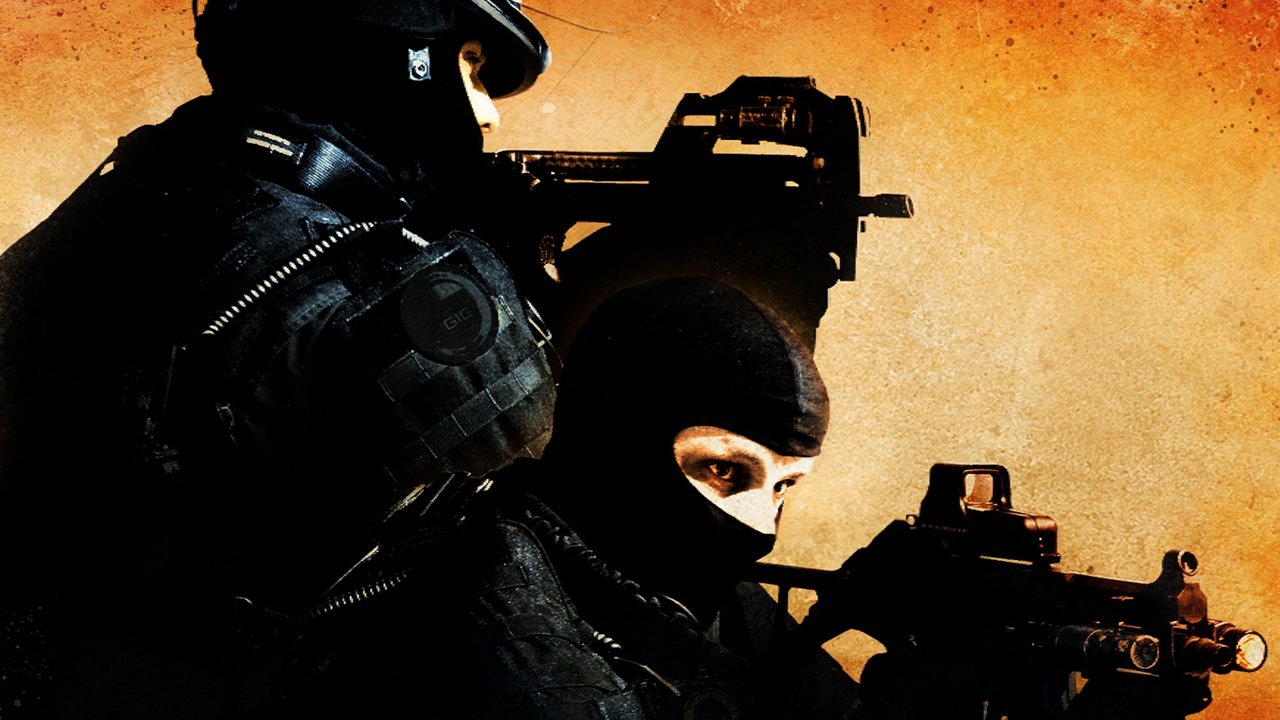EA Taken Private in $55 Billion Buyout Led by PIF and Silver Lake
Last Updated: October 27, 2025

In a move that has fundamentally reshaped the landscape of the video game industry, Electronic Arts has been taken private in a colossal leveraged buyout valued at approximately $55 billion. The landmark deal, led by a consortium including Saudi Arabia’s Public Investment Fund (PIF), private-equity giant Silver Lake, and Affinity Partners, marks one of the largest acquisitions in entertainment history and concludes decades of EA's operation as a publicly traded company.
The Anatomy of a Landmark Deal
The framework for the record-setting buyout saw the investment group acquire the publisher of powerhouse franchises like Apex Legends, EA Sports FC, and Battlefield. Existing EA shareholders received $210 per share, a significant 25% premium over the stock's trading price prior to the announcement, sealing the deal and delisting the company from the stock market. This transition to a private entity places EA’s vast portfolio of intellectual property and its global development studios directly under the control of a powerful new ownership group.
The consortium is a trio of financial titans. Saudi Arabia’s Public Investment Fund has been aggressively expanding its global gaming footprint for years. Silver Lake brings decades of expertise in managing large-scale private technology enterprises. The inclusion of Affinity Partners, a firm led by Jared Kushner, added another significant layer to the investor group, solidifying the financial backing required for such a massive transaction.
Why Go Private? The Strategic Shift for EA
For a company of EA's scale, the decision to go private is monumental. Operating as a public entity necessitates a constant focus on quarterly earnings reports and satisfying shareholder expectations, a pressure that can often stifle long-term, riskier creative endeavors. By leaving the stock market, EA's leadership gains significant operational freedom and the ability to execute a more patient, long-term strategy.
This newfound independence allows the company to pursue multi-year development cycles, explore new business models, and make sweeping strategic changes without the intense scrutiny of public investors. The move empowers EA to double down on its successful live-service games or pivot towards ambitious new projects that might take longer to yield a return on investment. In an industry often dominated by short-term financial targets, this buyout allows for a long-game approach, following a wider trend of massive consolidation in the gaming world.
The Investors Shaping Gaming's Future
The central role of Saudi Arabia’s Public Investment Fund (PIF) cannot be overstated. Over the past several years, the PIF has become one of the most significant investors in interactive entertainment, acquiring substantial stakes in companies like Nintendo, Capcom, and Take-Two Interactive. Leading the EA buyout represents its most ambitious and definitive move to date, cementing its position as a dominant force in the global market as part of Saudi Arabia's 'Vision 2030' plan to diversify its economy beyond oil.
Alongside the PIF, the participation of Silver Lake adds a layer of traditional tech investment credibility. The firm has a proven track record of major deals involving companies like Dell Technologies and Broadcom, and its expertise will be crucial in steering the newly private EA.
What a Private EA Means for Players
With the deal now finalized, the ultimate question for the community is how this corporate shake-up will impact the games and services they use every day. The implications are far-reaching and a subject of intense debate.
On one hand, freedom from quarterly earnings pressure could allow development studios like BioWare, DICE, and Respawn Entertainment more creative latitude and time, potentially leading to more innovative and polished games. The publisher could invest heavily in new IP without needing to show an immediate financial return to Wall Street.
On the other hand, the nature of a leveraged buyout means the new ownership will be focused on generating a significant long-term return on their massive investment. This could lead to even more aggressive monetization strategies, particularly within lucrative models like EA Sports FC's Ultimate Team, or a consolidation of resources around only the most profitable franchises.
This deal doesn't just represent a business headline; it marks the beginning of a new, uncertain, and potentially transformative chapter for one of gaming's most important and influential publishers. The entire industry is now watching to see what a private Electronic Arts will become.